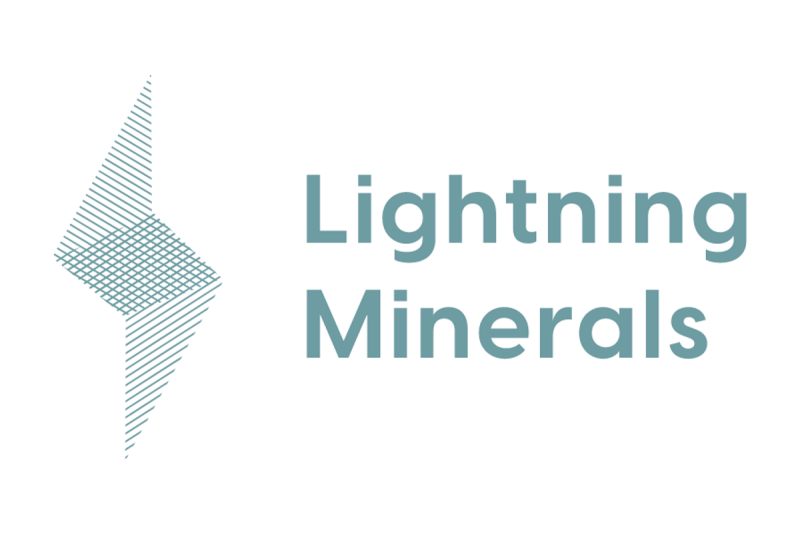
Infill Soil Sampling at Dundas to Further Define Lithium Drill Targets
Lightning Minerals (L1M or the Company) is pleased to announce the start of a targeted infill soil sampling program at its Dundas lithium project in Western Australia. The program is designed to infill the existing geochemistry program which was completed on a grid spacing of 400m x 400m and will consist of approximately 500 samples.
A number of areas of interest were identified in the previously completed regional soil sampling program, particularly on Dundas North tenements E28/3027 and E28/3028 where broad lithium in soil anomalism was identified across an area of 35km2 and up to 147ppm Li1.
HIGHLIGHTS
Infill soil sampling program of ~500 samples to further test previously identified lithium in soil anomalism of up to 147ppm Li1Dundas North tenements to be tested across three large lithium targets up to 35km2, as identified in March 2023. Sampling to be completed down to granularity of 200m x 100m in some areasOn-ground works at the Company’s Brazil lithium projects in Lithium Valley is in progress with results expected imminently
Lightning Minerals Managing Director Alex Biggs said, “It’s good to be getting back to our works at Dundas following a period of review. We are focusing on areas of interest that have been previously identified as containing lithium in soil anomalism. Our work program is focused and targeted and will allow us to identify appropriate drill targets for a future exploration program. The infill soil sampling on our Dundas North tenements is of particular interest as it allows for us to develop higher confidence drill targets across the project areas. As much as our focus is on Brazil and our accelerated exploration on those projects it is important that we further our efforts at Dundas also particularly as we have gained significant knowledge of the region since our works began there in 2022. The Company now possesses lithium exploration potential in three of the strongest jurisdictions globally for the commodity which sets us up well for success as we move forwards.”
Dundas North Infill Soil Sampling
Phase 1 soil sampling was completed during Q1 and Q2 of CY2023 with samples collected on a nominal 400m x 400m grid across the tenements, with analysis completed by LabWest Minerals Analysis (LabWest). Analysis utilised the Ultrafine + (UFF+) method with chemical analysis for a suite of 62 elements including lithium and associated pathfinders typically used for identification of lithium-caesium-tantalum (LCT) mineralisation.
The tenor of background lithium level within the project area and the Mt Belches lithological unit appears to be approximately 40-60ppm lithium. The elevated zones returning multiple samples with values above 80ppm lithium and up to a peak result of 147ppm lithium. Results are thought to provide sound vectors toward potential mineralisation as the elevations are clustered and are proximal to suitable granitic protoliths within the ‘goldilocks zone’ for LCT pegmatite mineralisation. The ‘goldilocks zone’ is typically estimated to be between 2km and 10km from the source granitic body.
This geological setting therefore requires follow up exploration works to ascertain the source of the anomalies and forms the basis of the infill soil sampling program as shown in Figure 1. Infill sampling will be completed down to a granularity of 200m x 100m.
Dundas South Infill Soil Sampling
Soil sampling will also be undertaken at the Dundas South project area following up zones of interest identified by the regional soil program. Grids of differing resolutions will be completed across tenements E63/2028, E63,1932, E15/1748 and E63/1993 down to a minimum of 200m x 200m. Targeting criteria in these areas focus mainly on existing results for lithium and its pathfinder elements identified during the reginal program (as reported in ASX Announcement 23 March 2023), but also aim to assess gold/nickel potential as the genetic models can share attributes regarding lithologies, geochemistry and rheology. The planned sites are shown on Figure 2 below, modifications may be undertaken in the field as guided by the supervising geologist.
Click here for the full ASX Release
